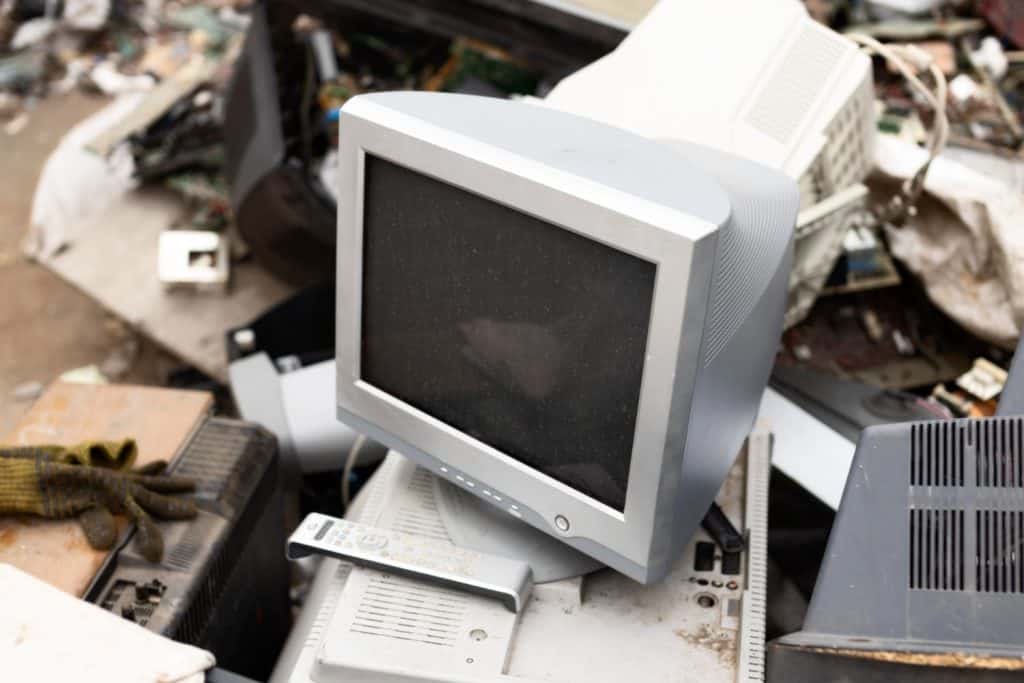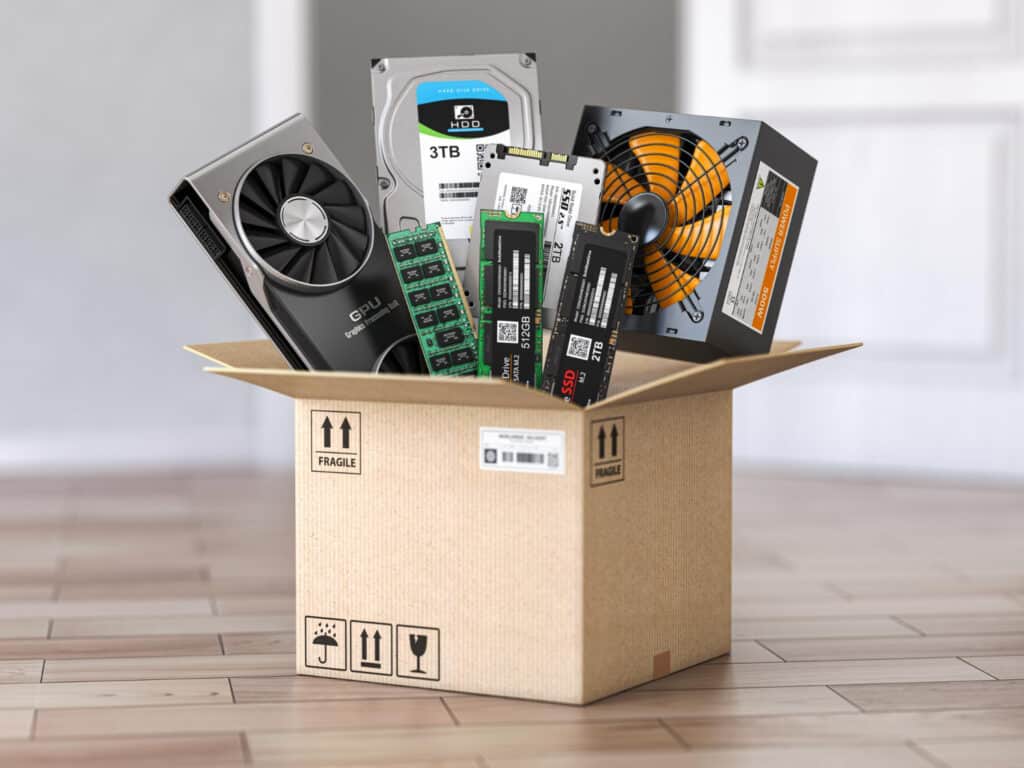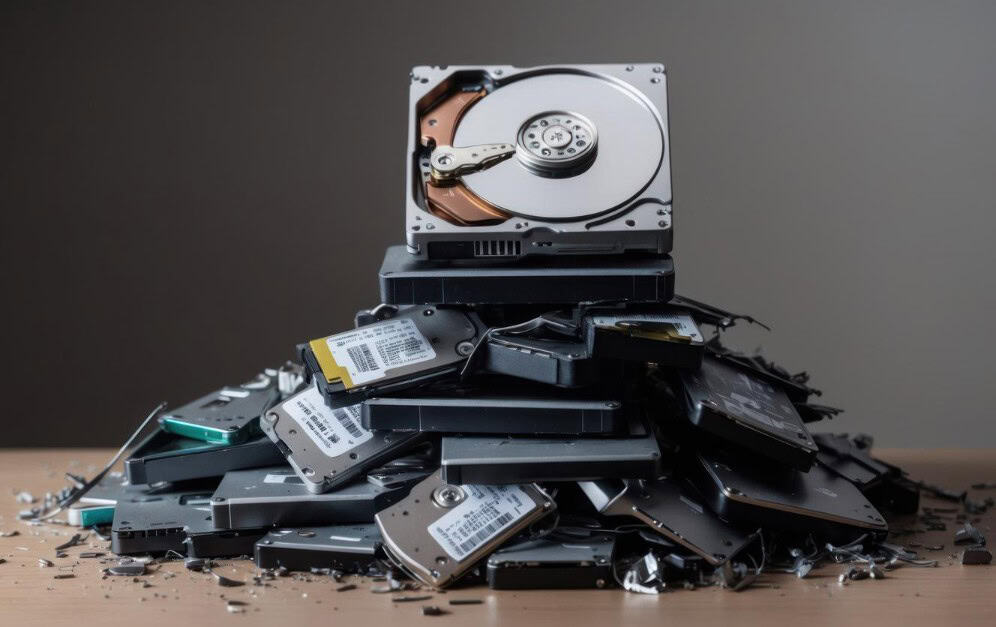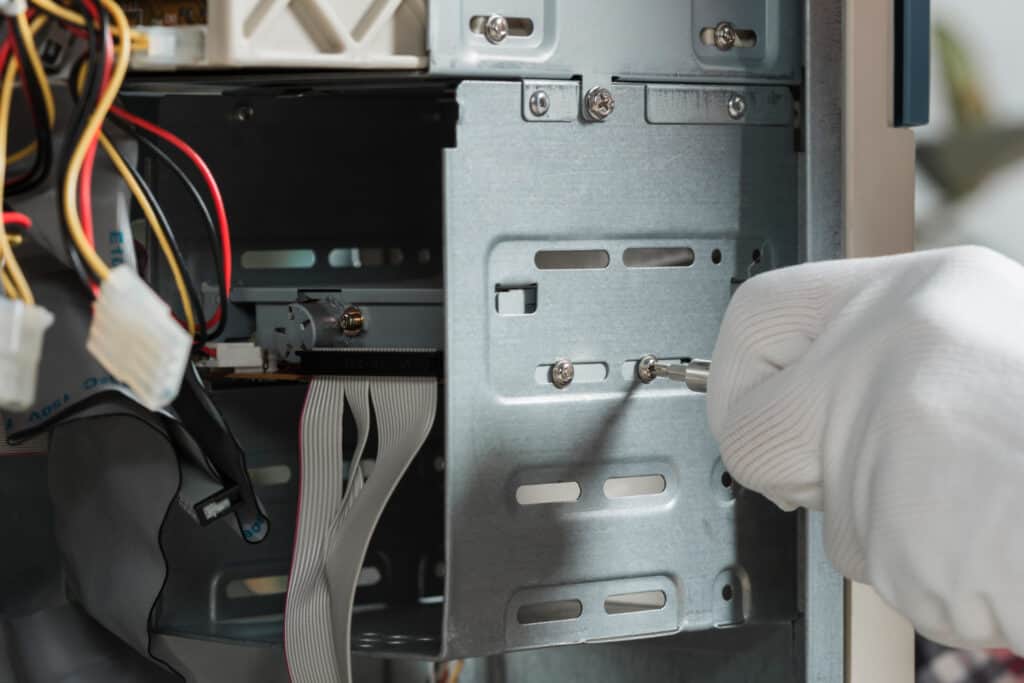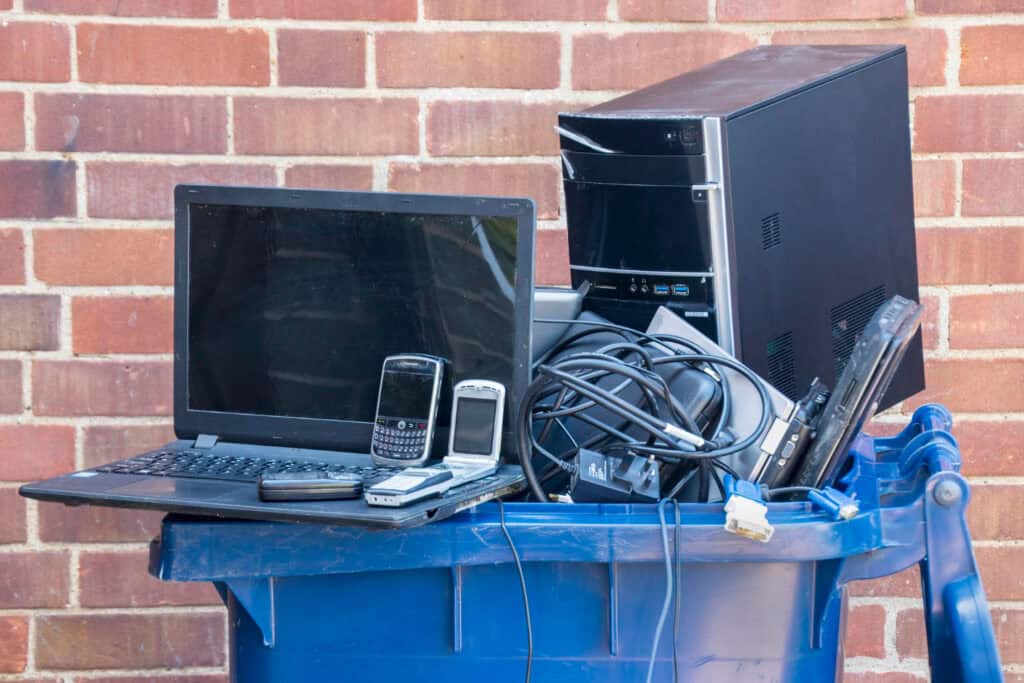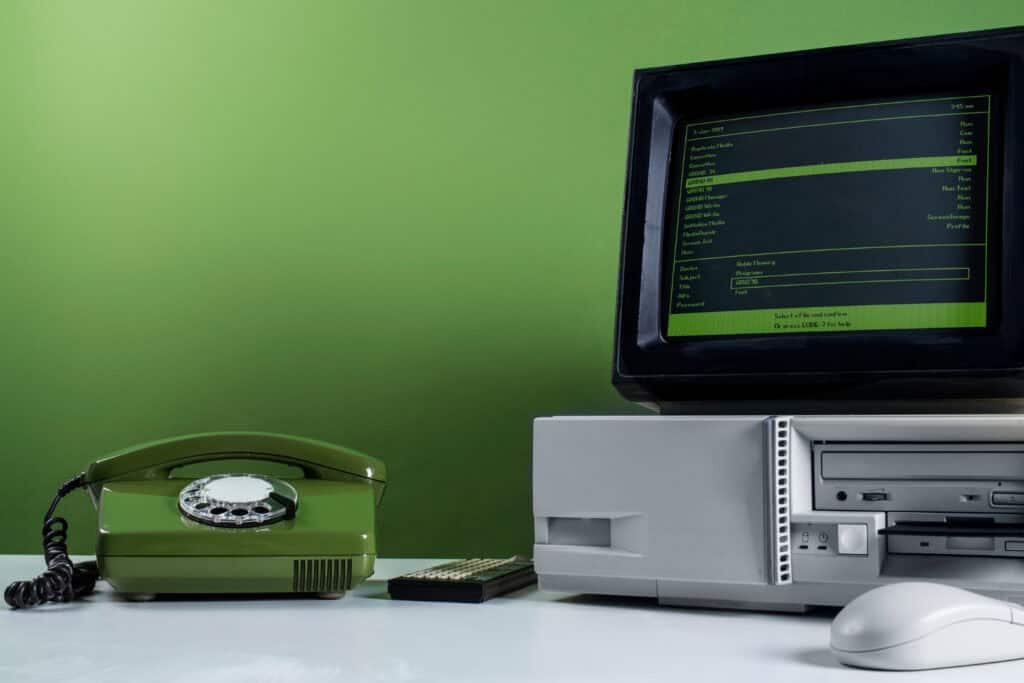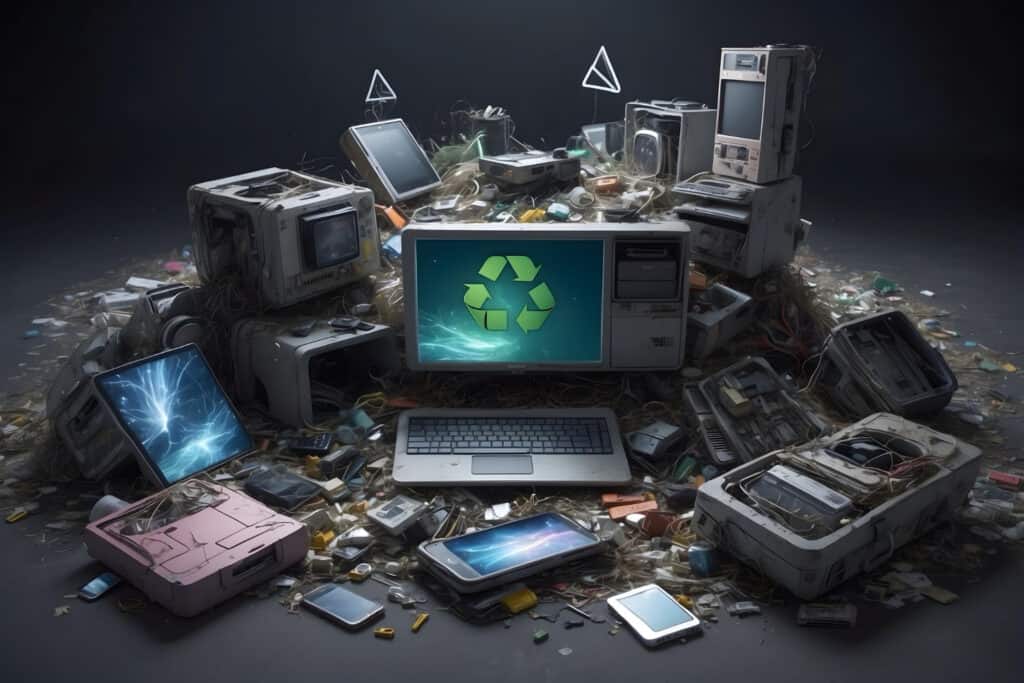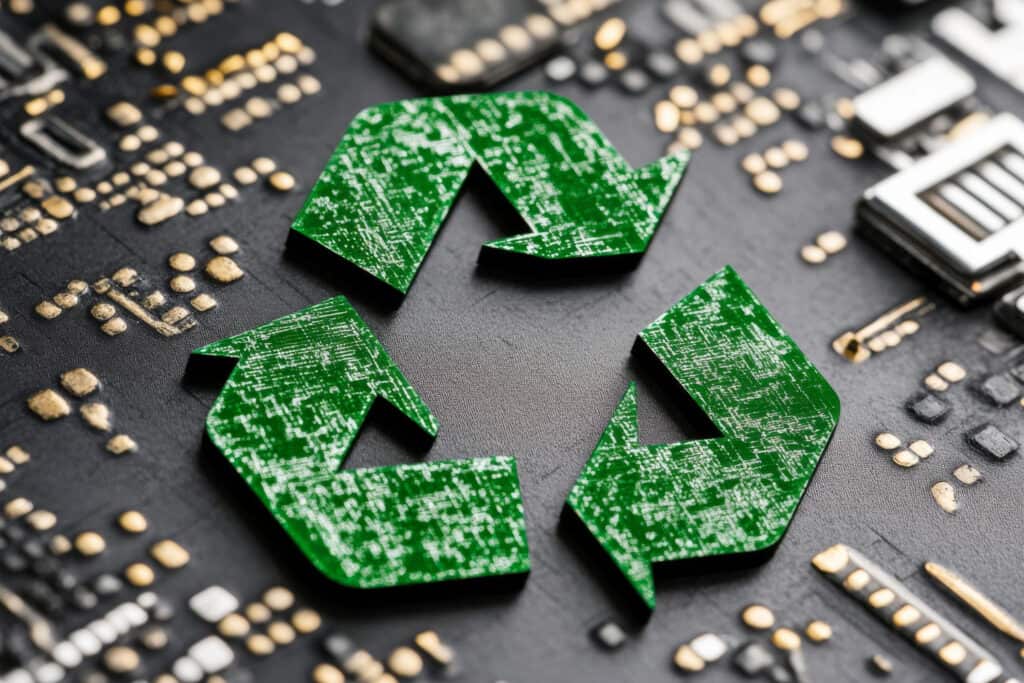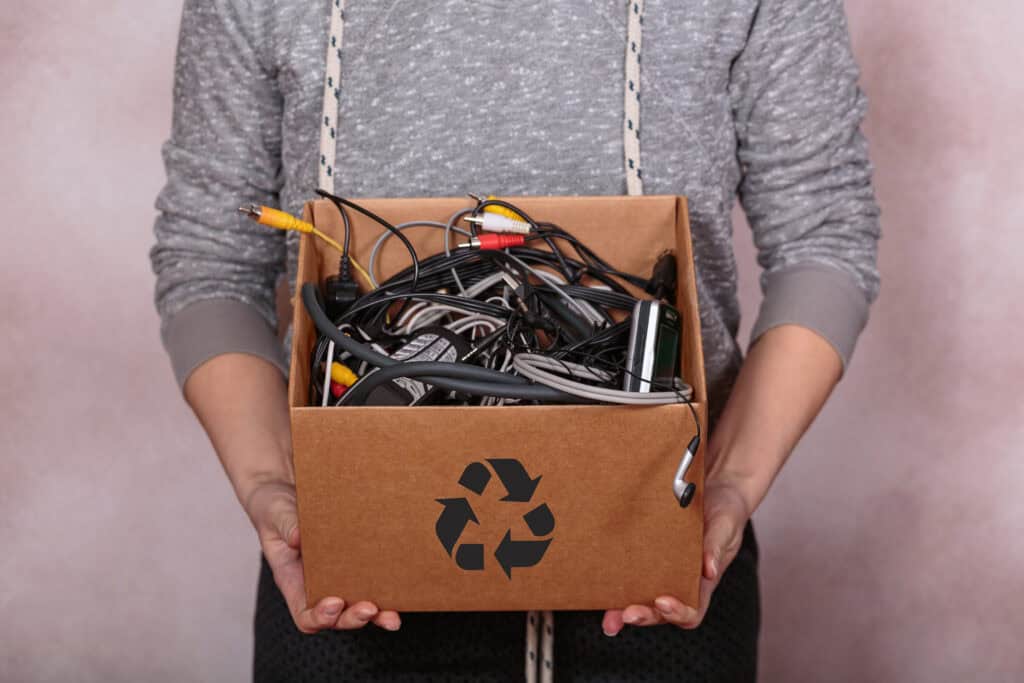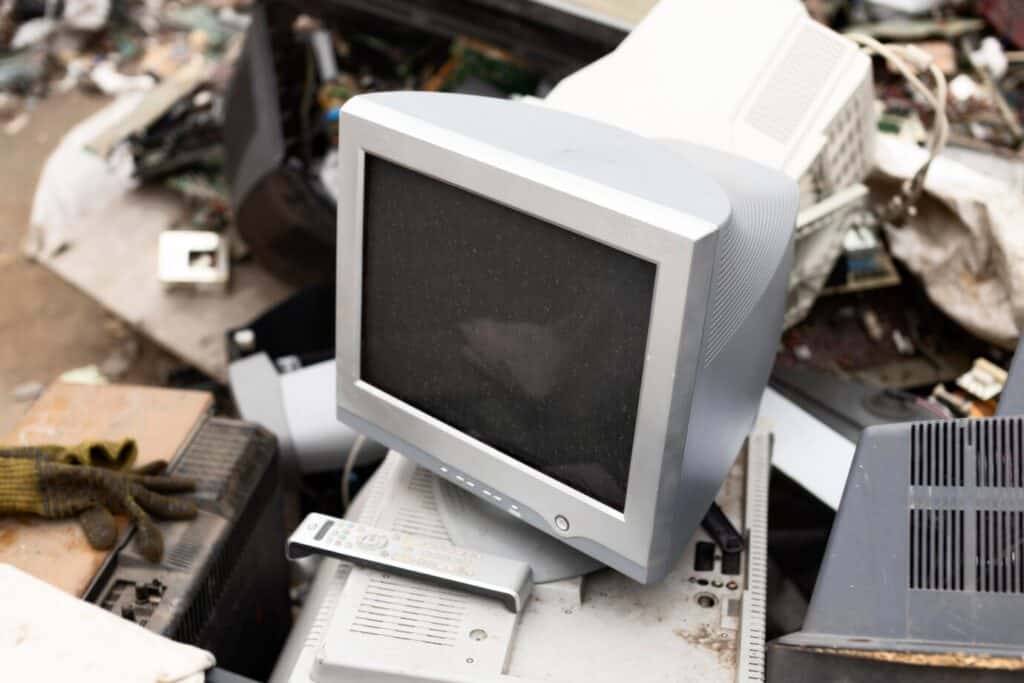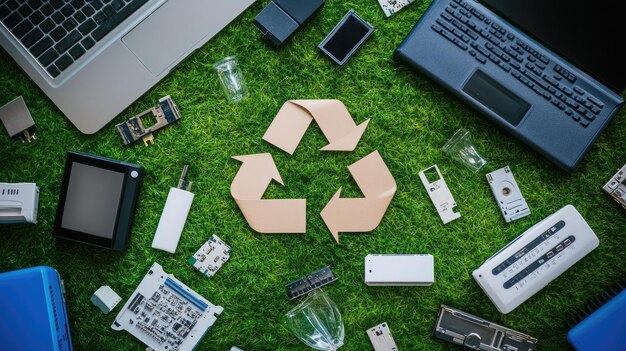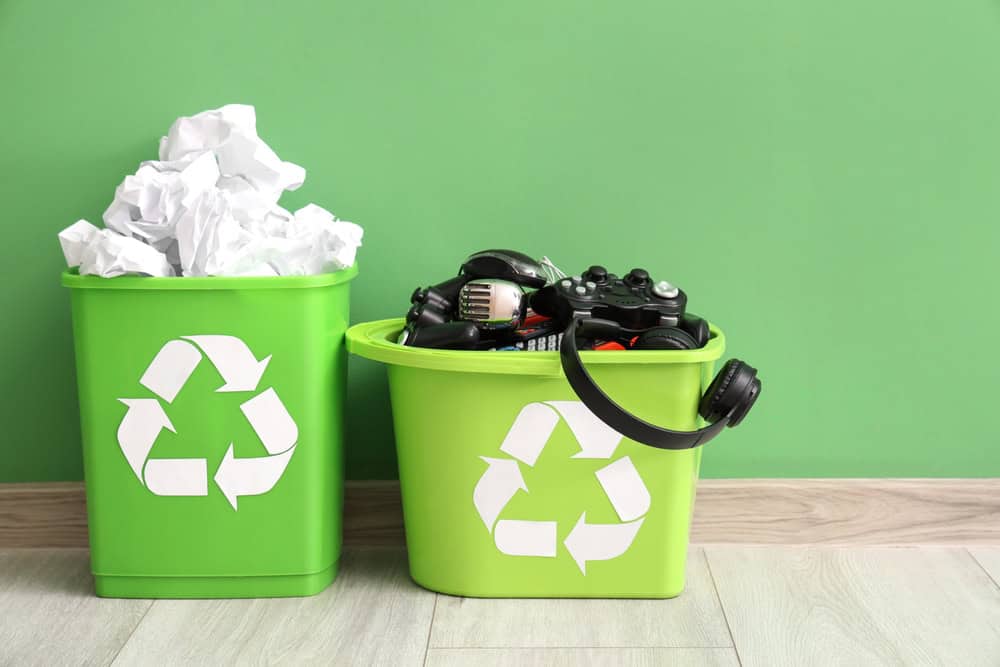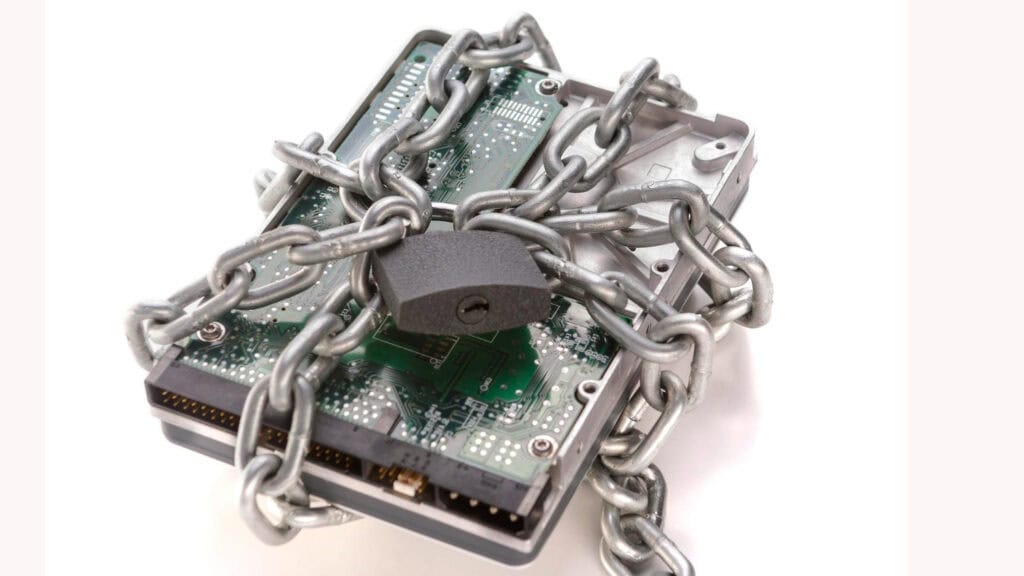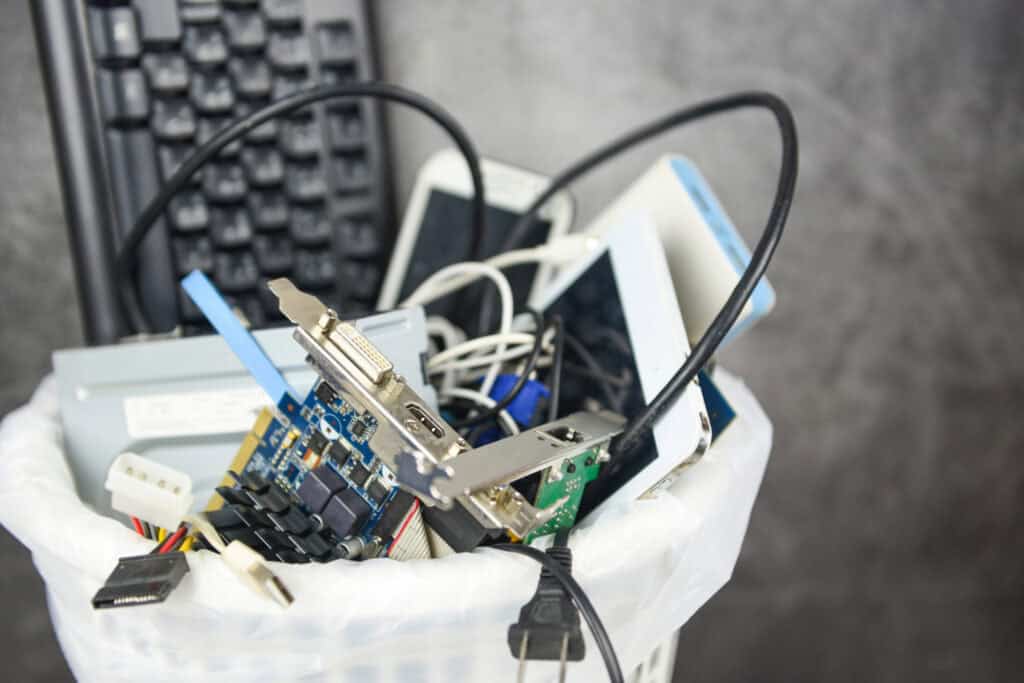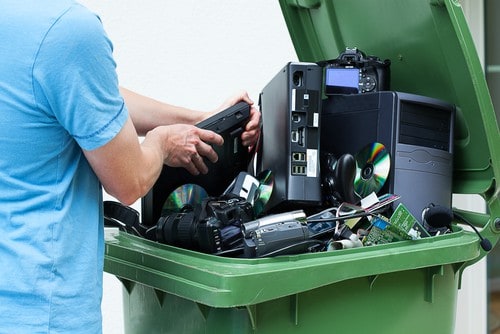Electronic waste, or e-waste, refers to discarded electronic devices like computers, cell phones, and televisions. These electronics contain toxic chemicals and materials that can harm the environment and human health if not disposed of properly. E-waste recycling is salvaging valuable materials from electronic devices and properly disposing of the remainder. Here are some reasons e-waste recycling is important.
Reduces the Impact on the Environment
E-waste contains toxic materials such as lead, mercury, cadmium, and brominated flame retardants. If these materials are not disposed of properly, they can contaminate soil, water, and air, harming plants, animals, and humans. By recycling e-waste, these toxic materials can be safely extracted and disposed of, reducing their environmental impact.
Conserves Natural Resources
Electronic devices contain valuable materials such as gold, silver, copper, and aluminum. By recycling e-waste, these materials can be recovered and reused, reducing the need to extract new materials from the earth. This conserves natural resources and reduces the energy required to mine and refine these materials.
Prevents Landfill Space From Filling Up
E-waste is a significant contributor to landfill space. E-waste accounts for 2% of the total volume in landfills but makes up 70% of the toxic waste. Recycling e-waste reduces the amount of waste in landfills, extending the lifespan of existing landfills and reducing the need for new ones.
Creates Jobs and Economic Opportunities
The e-waste recycling industry creates jobs and economic opportunities. According to the United Nations Environment Programme, the global e-waste recycling industry employs around 18 million people and generates an estimated $62.5 billion in revenue. By recycling e-waste, valuable materials are recovered and reused, creating new products and industries.
Protects Data Security
Electronic devices contain sensitive information such as personal and financial data. If not disposed of properly, this information can be accessed by identity thieves and cybercriminals. By recycling e-waste, data security is protected. Recycling companies can securely erase data from the devices before they are recycled, ensuring that the information is not accessible to anyone.
Complies With Regulations
Many countries have regulations in place to manage the disposal of e-waste. These regulations protect the environment and human health by ensuring that e-waste is disposed of properly. Recycling e-waste allows individuals and companies to comply with these regulations and avoid fines and penalties for improper disposal.
Promotes Sustainability
E-waste recycling promotes sustainability by reducing waste, conserving natural resources, and creating new products and industries. By recycling e-waste, individuals and companies can contribute to a more sustainable future by reducing their environmental footprint and promoting responsible consumption and production.
Contributes to a Circular Economy
E-waste recycling is part of a circular economy, where products are designed and produced with the end of their life in mind. In a circular economy, waste is minimized, and materials are reused and recycled, creating a closed-loop system. By recycling e-waste, valuable materials are recovered and reused, contributing to a circular economy and reducing the need for new materials.
To Sum Up
E-waste recycling is essential for protecting the environment, conserving natural resources, and creating economic opportunities. By recycling e-waste, toxic materials are safely disposed of, valuable materials are recovered and reused, and the amount of waste in landfills is reduced. E-waste recycling promotes sustainability and contributes to a circular economy, creating a more responsible and sustainable future.
ReWorx Recycling is a trusted Atlanta computer recycling company. We have been providing companies with eco-friendly disposal solutions for end-of-life and surplus computer equipment for over ten years. Get started now.

